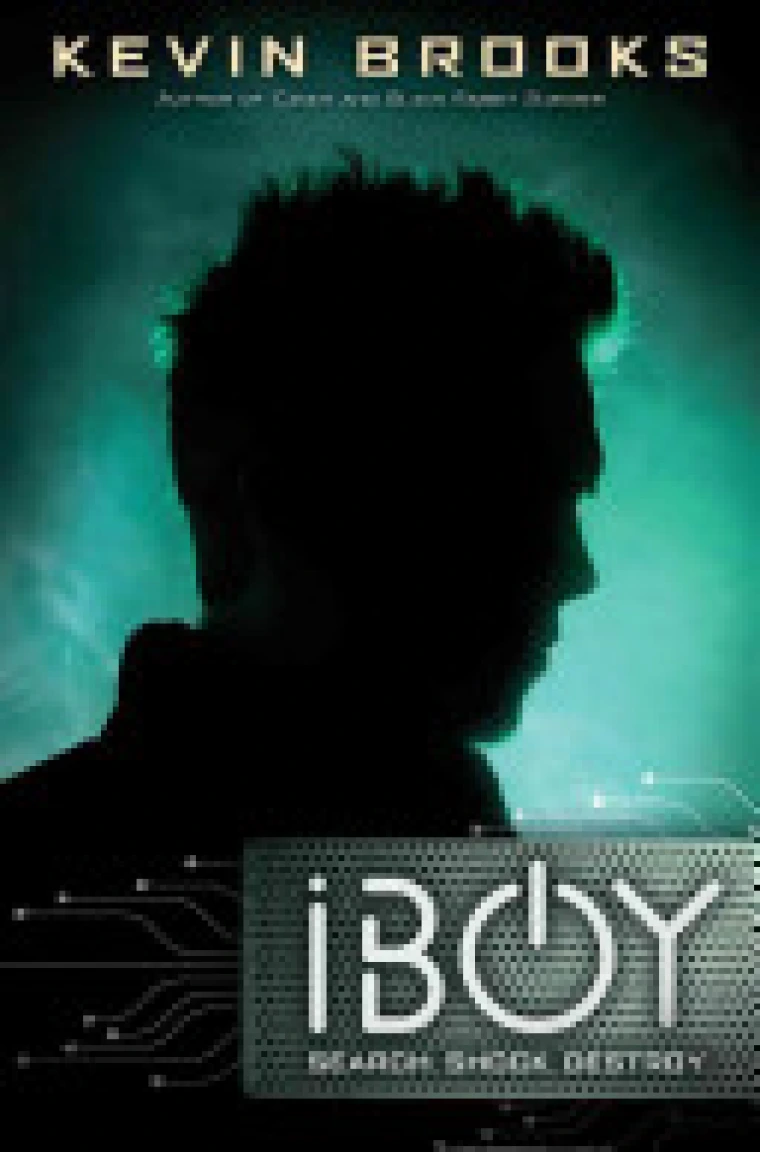Iboy
Sixteen-year-old Tom Harvey was an ordinary Londoner until an attack that caused fragments of an iPhone to be embedded in his brain, giving him incredible knowledge and power, but using that power against the gang that attacked him and a friend could have deadly consequences.
9780545317689
Genre:
Fantasy Science Fiction
Region:
England (UK)

